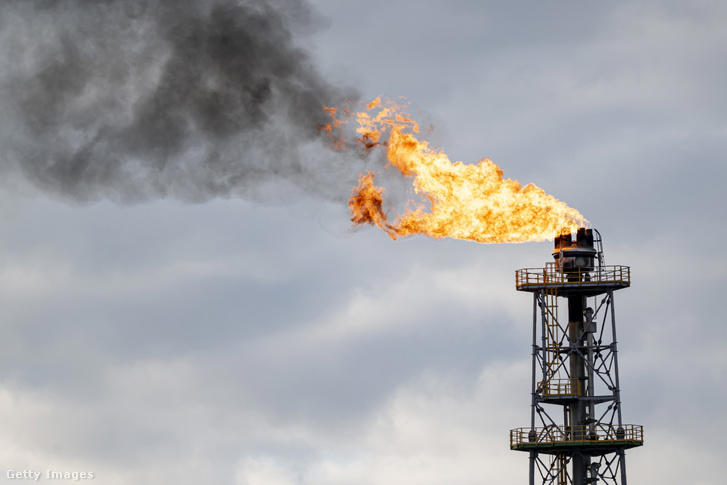
The 18th of December is proclaimed by the UN as International Migrants Day, the Young Christian Workers (Żgħażagħ Ħaddiema Nsara) voluntary organization has said.
“While migration is often purely an economical choice, for some it is a forced decision of last resort and the beginning of a very difficult, sometimes fatal, journey. People migrate to seek a better quality of life, to escape war and persecution – to find a place where they can live with human dignity and fulfil their aspirations as human beings. We note that often vast numbers of migrants are the object of exploitation. This phenomenon can be observed clearly in ‘modern’ 21st-century Malta where categories of migrants are at times treated little better than ‘modern-day’ slaves, often performing jobs with little or no safety; they are exploited by their employers, their landlords and the people that lure them to the country with false promises and hope.”
“Most often these people must live from day-to-day not knowing if they will be able to earn a day’s wage to feed themselves and their families. Migrants must be welcomed and given the dignity they deserve – be they professionals working in the national health sector, workers keeping our environment clean or involved in other sectors of Maltese society.”
“This dignity starts by recognising that we are all human beings and therefore deserve every respect irrespective of which country we come from. As Pope Francis puts it in Fratelli Tutti: ‘the true worth of the different countries of our world is measured by their ability to think as part of the larger human family.’ We are more than the individual countries on a map, we are one human family and a family cares abouts its members. We must recognise that migrants bring with them traditions which when smartly integrated enrich our identity as a nation through diversity. Welcoming migrants means opening our doors so they can really integrate and become one of us. Integration should never be regarded as the loss of a persons’ own national characteristics and culture – we should not attempt to mould everyone into one stereotype.”
“Integration is not a flattening process of assimilation but a means to provide all equal opportunities to succeed in life, accompanied by cultural diversity and mutual tolerance. We might not admit it, but Maltese are very exclusive and tribal; we see the outsider as a threat. We need to address our fear of the outsider as a nation. On the one hand as a society, we cannot and must not force the ghettoization of those people that choose to make Malta their home, simply because we refused to acknowledge them as brothers and sisters – simply because we are afraid that they will take over. On the other hand, we need to provide programmes to help migrants integrate – including assistance and motivation to learn the Maltese language and to understand our way of doing things, where we come from, our culture and our history. Only when we can understand each other can we get to a stage where we can accept each other and flourish as a diverse and functioning multi-cultural nation. Leaving multi-culturalism to its own devices will not work (others tried it), we need to make it work with intent for the good of all.”












